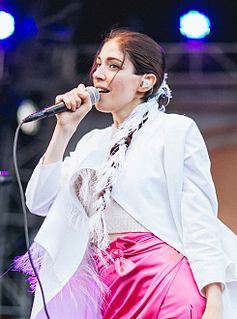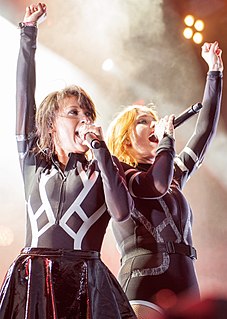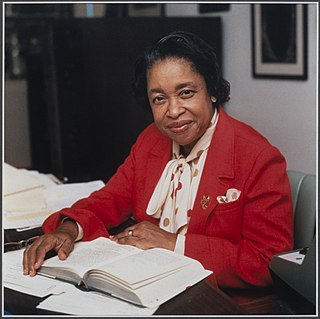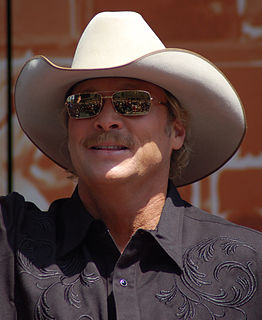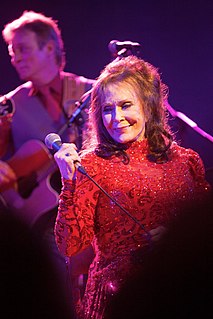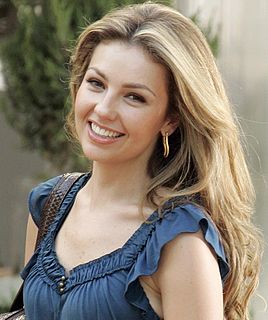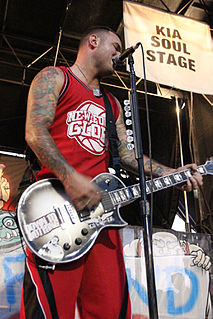A Quote by Caroline Polachek
As soon as we wrote the beat for 'Romeo,' I knew it was a running song. I was thinking about it in terms of the body. What do you want to do? It's not a song you want to dance to.
Related Quotes
'Wanna Be That Song' has everything I want to say about love and about what I'm trying to be. I wanna be that part of your life, that song that means so much to you, the one that takes you back to that special place... the song that makes you laugh, the song that makes you cry when you need to cry, that makes you dance when you need to dance.
You are hearing this song, and you're 16, and it's a song about love, or a girl. And then maybe there's a girl at school that you like. So you're going to be thinking about that girl. That song is sort of about that girl. The songwriter doesn't know that girl, obviously. He wrote it for something else. But there's the specific meaning with the universal again.
'After 17' is a song I wrote when my first daughter went to college, so that's kind of where I'm at in that part of my life. If you listen to that song and knew anything about me, you'd say, 'Oh yeah, he wrote that about his daughter,' but I try not to write them that they are so specific that they wouldn't apply to anybody that has a child.
"After 17" is a song I wrote when my first daughter went to college, so that's kind of where I'm at in that part of my life. If you listen to that song and knew anything about me, you'd say, "Oh yeah, he wrote that about his daughter," but I try not to write them that they are so specific that they wouldn't apply to anybody that has a child.
Right away, I knew I didn't want to have that look of other guys with long hair and bell-bottom pants, because everybody else had that look. I kind of adopted my boarding-school look, which made me stand out. Then the next thing you know, the first song on my first record is a song called "School Days." It's about going to the boarding school I went to. So then I just started to write about myself. The very first song I ever wrote was about a guy I met in a boatyard that we were working in. So I've always had this thing about sticking to more or less what I knew.
If I found out some gal was trying to steal my guy, I'd want to give her a black eye! Instead, I wrote this song. At the time I was writing each song [on this album], you could figure out the frame of mind I was in by listening closely. With every song I've ever recorded, I'm in it. I wouldn't write about it if I wasn't in it.
I think the line is where you're in the studio, you're creating. That belongs to you as an artist. Nothing should taint that. I shouldn't be thinking about what the fans want, I shouldn't be thinking about what the radio wants, what the label wants, what your manager wants, a song for the chicks, a song for the street.
